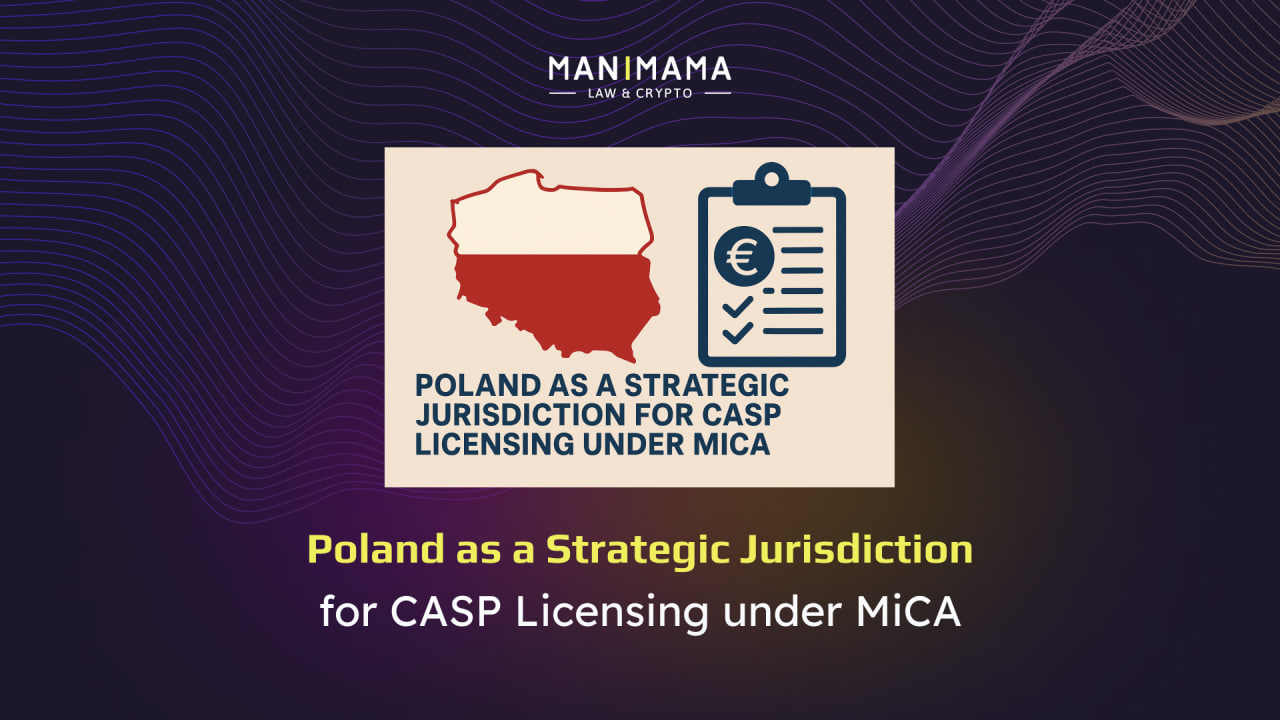The United Arab Emirates (UAE) is widely known as the financial and business hub of the Middle East.
The absence of a federal income tax makes the jurisdiction even more attractive for doing business and working. This article details what taxes still need to be paid as an individual or entity residing in the United Arab Emirates.
Income Tax
There are no taxes on personal income and capital taxes in the UAE. The UAE does not charge personal income tax, and this applies to both UAE citizens and expats. For foreign employees, the same rules apply here as for locals when it comes to income tax. Accordingly, there is no obligation to file a tax return. The absence of income tax applies to both freelancers and self-employed individuals residing in the Emirates.
Corporate Tax
Corporate tax is a form of direct tax levied on the net income or profits of corporations and other organizations from their business. However, it levies corporate tax on oil companies and foreign banks.
In January 2022, the Ministry of Finances announced the introduction of a federal corporate tax (CIT) on the net income of businesses. The tax will take effect either from July 1, 2023 or January 1, 2024, depending on the fiscal year the business follows. Corporate tax will apply in all emirates.
Corporate Tax applies to:
- all legal entities and individuals carrying out commercial activities under a commercial license in the UAE;
- free zone businesses (UAE tax regime will continue to honor the corporate tax exemptions currently offered to free zone businesses that meet all regulatory requirements and do not conduct business in the UAE mainland);
- Foreign legal entities and individuals only if they conduct trade or business in the UAE on a permanent or regular basis;
- Banking operations;
- Enterprises engaged in real estate management, construction, development, agency and brokerage activities.
Corporate Tax Exemption applies to:
- Businesses engaged in the extraction of natural resources are exempt from corporate tax as these businesses will continue to be subject to the current corporate taxation at the Emirates level;
- Dividends and capital gains received by a UAE business from its respective shareholdings will be exempt from corporation tax;
- Qualifying intra-group transactions and reorganizations will not be subject to corporate tax if the necessary conditions are met.
In addition, corporation tax will not apply to:
- personal wages and other income from employment, whether earned in the public or private sector;
- interest and other income received by an individual from bank deposits and savings schemes;
- foreign investor income derived from dividends, capital gains, interest, royalties and other investment income;
- investment in real estate by individuals in their personal capacity;
- dividends, capital gains and other income received by individuals from holding shares or other securities in their personal capacity.
With a standard statutory tax rate of 9% and a zero tax rate on taxable income up to AED 375,000 (EUR 93,836) to support small businesses and start-ups, the UAE corporate tax regime will be one of the most competitive in the world.
Excise tax
Excise taxes are imposed on certain goods that are generally harmful to human health or the environment, such as carbonated drinks, energy drinks, tobacco and tobacco products. A detailed list of goods and tax rates can be found in the Decree of the Cabinet of Ministers No. 52 of 2019 “On excise goods, excise rates and methods for calculating excise prices”.
VAT
Value Added Tax (“VAT”) in the UAE applies to most supplies of goods and services, including imports of goods and services. The value added tax rate is 5 percent and is levied on most goods and services.
The obligation to register for VAT does not arise as long as the sales turnover in the country is below the registration threshold, which in the UAE is AED 375,000 (EUR 93836). Companies that reach the AED 187,500 (EUR 46,918) threshold can voluntarily join the registry.
Registration as a VAT taxpayer is required in the following cases:
- There is reason to believe that the taxable turnover in the next 30 days will exceed the registration threshold (for example, a contract has been concluded);
- at the end of the month, the taxable turnover for the previous 12 months actually exceeded the registration threshold;
- the company receives services subject to reporting under the reverse charge method for an amount above the registration threshold.
Registration with the UAE Federal Tax Administration and obtaining a Tax Reference Number (TRN) – the company’s tax number – takes an average of 20 working days. After registering with the Federal Tax Office and obtaining a VAT number, the company must quarterly (and for companies with an annual turnover of more than AED 150,000,000 (EUR 37534303) monthly) prepare and submit a VAT return, as well as pay the resulting VAT no later than 28 days after the end of VAT period.
Profit tax in the Sзecial Economic Zones
Companies registered in the free zones of the UAE are exempt from income tax, capital gains tax, property tax and other taxes, except for VAT.
Other applicable taxes and fees.
There is no withholding tax in the UAE.
A Real Estate Transfer Fee (hereinafter referred to as “RETF”) is applied to real estate transfers at rates that vary by emirate. In Dubai, the total RETF is 4% and is divided equally between the seller and the buyer. Rates in most other Emirates are lower than in Dubai.
There is currently no inheritance or gift tax on individuals in the UAE.
The UAE has a social security regime that only applies to qualified employees of the UAE and other national employees of the Gulf Cooperation Council (hereinafter referred to as “GCC”).
In accordance with guidance from the UAE General Authority for Pensions and Social Security, this list includes all national employees working in federal ministries and departments, in local government departments in each of the Emirates and UAE nationals working in UAE private sector companies. This also includes employees who are citizens of GCC countries, namely Bahrain, Qatar, Kuwait, UAE, Oman and Saudi Arabia.
Citizens of non-GCC countries are not subject to social security in the UAE. Social security contributions are calculated at a rate of 17.5% of the employee’s gross remuneration as stipulated in the employment contract. Social security obligations also apply to employees of companies and branches registered in the FEZ. Of the 17.5% from the whole sum, 5% is paid by the employee and the remaining 12.5% is paid by the employer. In the emirate of Abu Dhabi, a higher rate of 20% applies (where the employer’s contribution is 15%). For other GCC nationals working in the UAE, social security contributions are determined in accordance with their country’s social security rules. The employer is responsible for withholding and transferring social security contributions to employees.
Double tax Avoidance Agreements
The UAE has entered into 94 agreements with other countries to avoid double taxation of investments abroad. A document with a complete list of countries can be found at this link.
In conclusion, it is worth noting that the proposed corporate tax rate in the UAE will be one of the lowest in the world and is still attractive for foreign investment. The company will have enough time to prepare for the introduction of corporate tax, and additional information on the corporate tax regime in the UAE will be provided closer to mid-2022 to help businesses prepare and fully comply with the new requirements.
The content of this article is intended to provide general guidance on the subject and not legal advice.
Photo Credits











